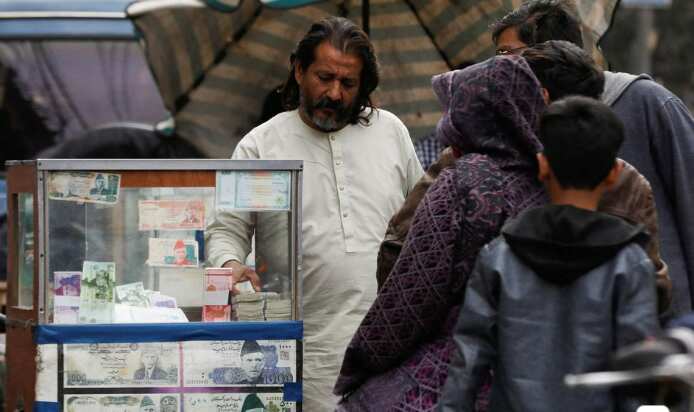In a development that may worsen the already dire straits of the Pakistani economy, the country’s bid to unlock a $7 billion financial bailout package from the International Monetary Fund (IMF) has hit a snag. The status of the IMF-Pakistan talks remains inconclusive on the last scheduled day of the global lender’s visit to Islamabad. The first round of talks between Pakistan and the IMF began on January 31. The talks, which continued through February 9, were meant to clear the IMF’s 9th review of its Extended Fund Facility, aimed at helping countries facing balance-of-payments crises.
The IMF mission to Pakistan had a virtual session with Prime Minister Shehbaz Sharif, besides a face-to-face engagement with Finance Minister Ishaq Dar.
Pakistan economic crisis: What are the IMF’s conditions and demands?
The IMF wants Islamabad to make efforts to boost its incredibly low tax base. It further wants Prime Minister Shehbaz Sharif’s government to end the tax exemptions for the export sector. The most brutal point of contention, according to the reports in Pakistani media, is the IMF’s expectation to hike petrol, electricity, and gas prices — that Islamabad says are meant to help low-income families.
The IMF is also pushing for Pakistan to keep a sustainable amount of US dollars in the bank through guarantees of further support from friendly nations Saudi Arabia, China, and the UAE, as well as the World Bank.
As per IMF conditions, a country should achieve a primary budget surplus of 0.2 per cent of the national output for the new financial year to revive the bailout package. For Pakistan, this amounts to Rs 153 billion. The IMF also demanded records of flood rehabilitation expenditures as a condition for giving Pakistan an exemption of Rs 475 billion in its primary budget deficit.
Pakistan economic crisis: How bad is it?
A prospect of national bankruptcy is looming in Pakistan amid the global energy crisis and damage caused by devastating floods last year.
The government loosened controls on the rupee to rein in a rampant black market in US dollars — a step that caused the currency to plunge to a record low — and hiked petrol prices by 16 per cent.
“IMF is not satisfied with the current prices of petroleum and energy,” a government official, who asked not to be named, told AFP.
WATCH WION LIVE HERE
You can now write for wionews.com and be a part of the community. Share your stories and opinions with us here.

IL PRIMO ECOMMERCE SPECIALIZZATO IN DELIZIE AL TARTUFO E CAVIALE – CAVIAREAT.COM
